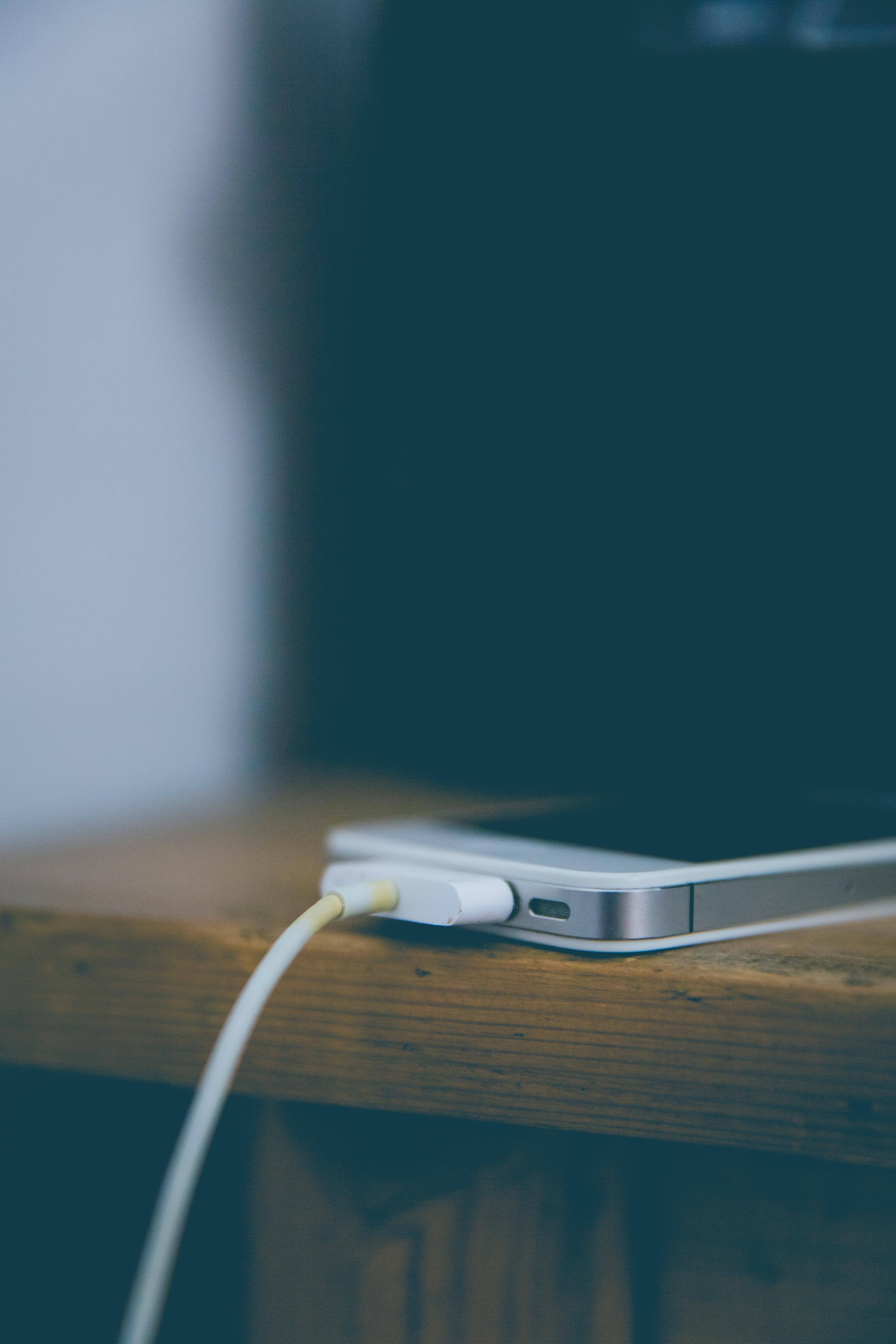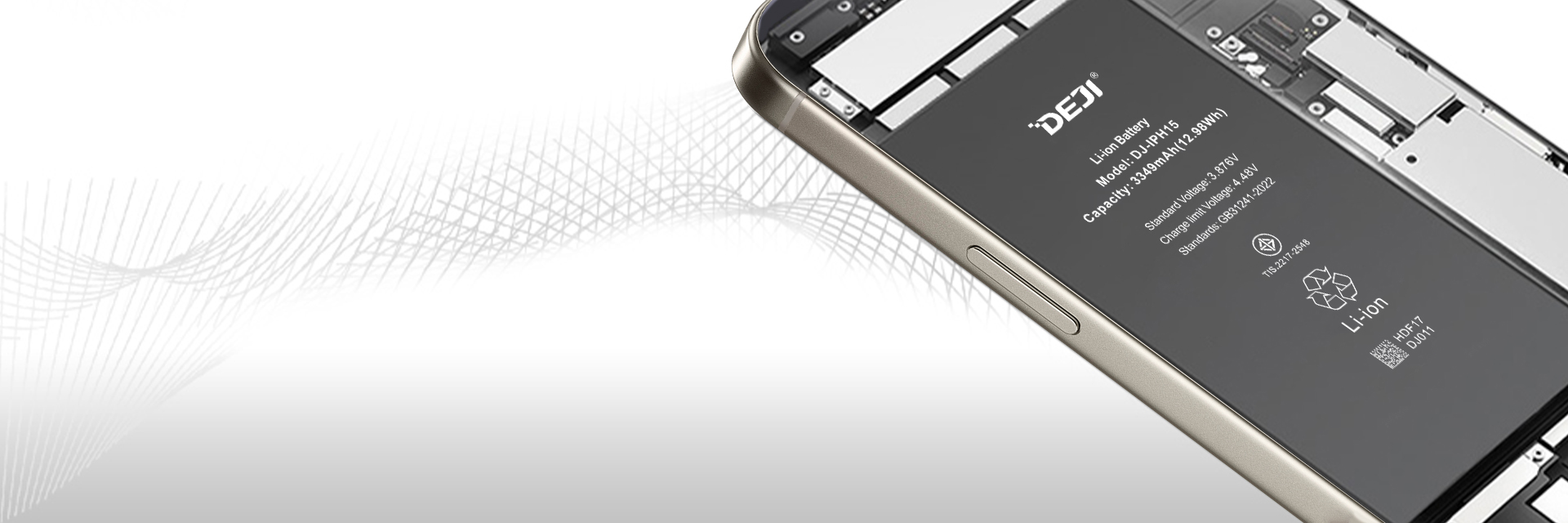
Smartphones have become an integral part of our daily lives, so much so that their batteries often struggle to keep up with our daytime demands. This leads many of us to charge our phones overnight. While it seems like the perfect time to recharge, concerns about overcharging and battery damage persist. Let’s unpack the realities and dispel some myths about this common practice.
What Happens If You Charge Your Phone Overnight?
Leaving your phone plugged in overnight doesn’t cause catastrophic outcomes like explosions. Modern smartphones are equipped with inbuilt protection chips to prevent overcharging once the battery reaches full capacity. This feature ensures that charging stops when the battery is full. However, the story doesn’t end there.
Instead of overcharging, trickle charging kicks in. This process matches the charging rate with the phone’s consumption to maintain a 100% charge. While convenient, this cycle of discharge and recharge throughout the night can contribute to a shorter battery lifespan over time.
The Real Issues With Charging Your Phone Overnight
Most smartphones today use Lithium-ion batteries (LiB), known for their efficiency and fast charging. These batteries can reach 80% capacity in just 1-2 hours. When left plugged in overnight, your phone spends several hours at 100%, which can stress the battery.
Stress on Lithium-ion Batteries
Lithium-ion batteries experience wear when kept at a full state of charge for extended periods. Over time, this degrades the battery’s capacity, making it less efficient. The ideal battery range to avoid degradation is between 20% and 80%. Prolonged charging outside this range can accelerate battery wear.
How Prolonged Charging Degrades Batteries
Every time you charge, lithium ions move from the cathode to the anode. This process naturally degrades the battery. However, the degradation is worsened when:
High battery levels: Prolonged periods at 100% increase damage.
High temperatures: Heat, often generated during charging, further accelerates battery decay.
Even though trickle charging produces minimal heat, maintaining a full charge overnight can still harm the battery in the long term.
How to Delay Battery Degradation When Charging Overnight
Limit Time at Full Charge
Plan Charging Before Bedtime: Charge your phone 1-2 hours before sleep so it reaches full capacity before you turn it in. This method ensures battery health but may require lifestyle adjustments.
Use a Slow Charger: Switching to a non-fast charger reduces heat and the time spent by 100%.
Unplug When You Wake Up: If you wake up during the night or are an early riser, unplugging the charger can help minimize battery stress.
Reduce Heat During Charging
Choose a Proper Charging Spot: Avoid charging on heat-trapping surfaces like beds or under pillows. Opt for flat, sturdy surfaces like tables or floors.
Remove Phone Cases: Thick cases can trap heat, so consider removing them during charging to allow better cooling.
Avoid Fast Charging Overnight: Use a standard charger to minimize heat buildup.
Let Your Phone Rest: Avoid using heavy-duty apps like games while charging, as they generate additional heat.
Wrapping Up
Is charging your phone overnight bad? It depends on your usage habits and expectations. For those who upgrade their phones frequently, it’s less of an issue. However, if you’re aiming to prolong your device’s lifespan, taking small precautions can make a big difference.
Tips to Reduce Battery Degradation:
Charge before bedtime.
Use a slow charger.
Unplug when possible.
Charge on a cool, flat surface.
Remove thick phone cases during charging.
With these practices, you can optimize your phone’s battery health while enjoying the convenience of overnight charging.
 sales@batterydeji.com
sales@batterydeji.com




